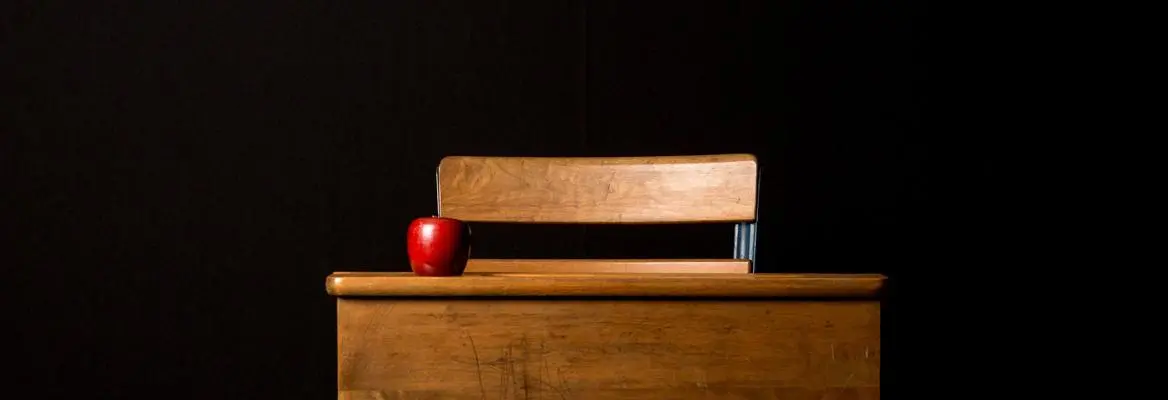We need to inject a little more humility into education.
In a culture of ‘stretch’ and ‘striving’ where everyone has to be all they can be, this may seem sacrilegious, even if grand utopic visions have a tendency to leave things in a mess for the ordinary folks caught up in their wake.
Samuel Beckett worked hard to rid us of the remnants of delusions, illusions, utopias, salvation narratives or ideals that give false comfort to a human life. His works articulate an ethical position that, rather than taking refuge in speculation about how the world ought to be, help human beings to respond courageously to how things are – ‘how it is’.
“If humanity learns to forgo personal ambition and think in terms of cooperation, compassion and companionship, it will be happier” – this is what publisher John Calder said is the message of Samuel Beckett’s work.
Whether or not Calder is correct in his analysis, it serves as an interesting provocation to those of us working and participating in systems of education. What effect does the principle of competition have on our experience of education? How do control mechanisms in society affect our relationships to failure?
___
"Few spheres of life are as bathed in aspiration and 'life as it ought to be' as education. Yet the experience of education is, for many, a failure."
___
Facing ‘how it is’, a mess of a world for Samuel Beckett, and acting from that point might even provide some relief, perspective, and even humour. This is not a pessimistic position, and it doesn’t mean that we can’t also be attentive to, and delight in, tiny moments of mastery, camaraderie, joy, kindness and insight that occur in our educational experiments and studies.
Few spheres of life are as bathed in aspiration and ‘life as it ought to be’ as education. Yet the experience of education is, for many, one of failure. This is not the ordinary failure of the human condition but the kind of sadistic failure exemplified in the relationship between Pozzo and Lucky in Beckett’s Waiting for Godot. It is impossible for all to attain external standards, embody the ideals evolved by others, attain goals prescribed universally, or even be ‘average’.
Educational systems do not calculate the cost of the ethos of perfectionism, competition and comparison in the lives of those who fail to meet such standards, or who were never going to be in a position to do so in the first place. Whilst failure has been conceptualised more positively in recent times, this has tended to be in the context of building resilience with an eye to eventual success and flourishing. This focus on the language of success makes it difficult to challenge the investment in the prestige and power that are equated with a successful life, even if this involves trampling on others or being insensible to their suffering. And it is precisely this moral failure that ought to be of most concern to us, in particular where educational practices are complicit in fostering competition, comparison, complacency, and unquestioning self-confidence.
___
"Failure is incorporated into one's being as something one is, and this sense of being a failure can haunt the entirety of a life."
___



















Join the conversation